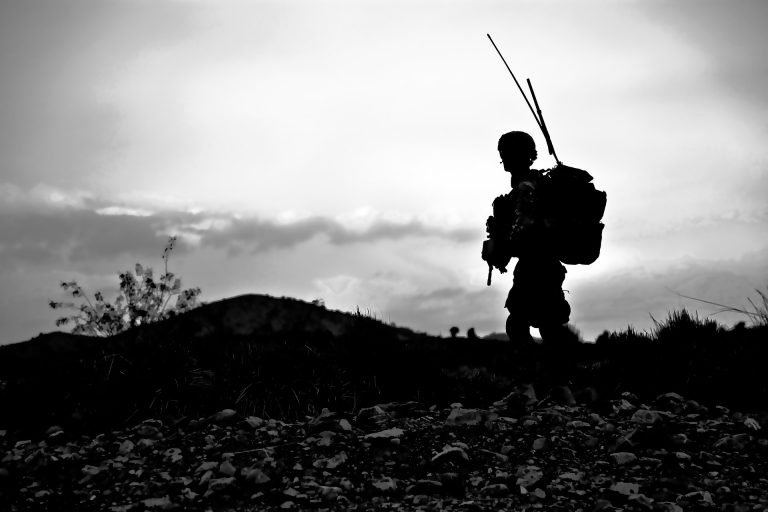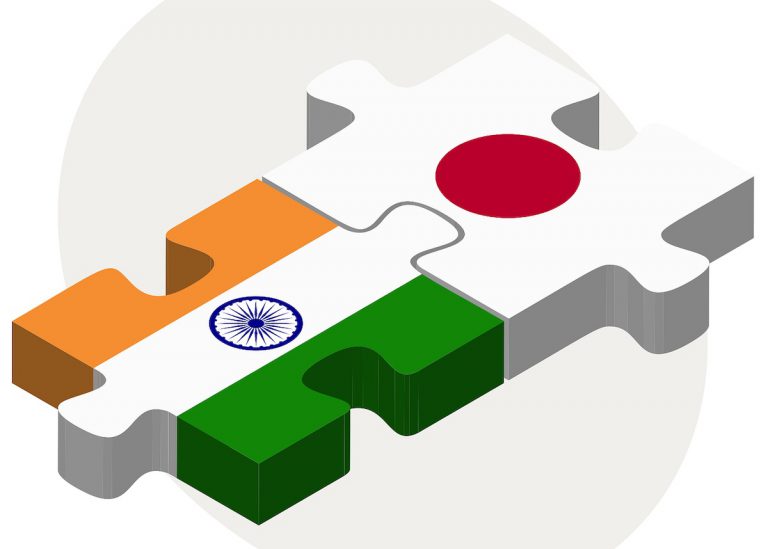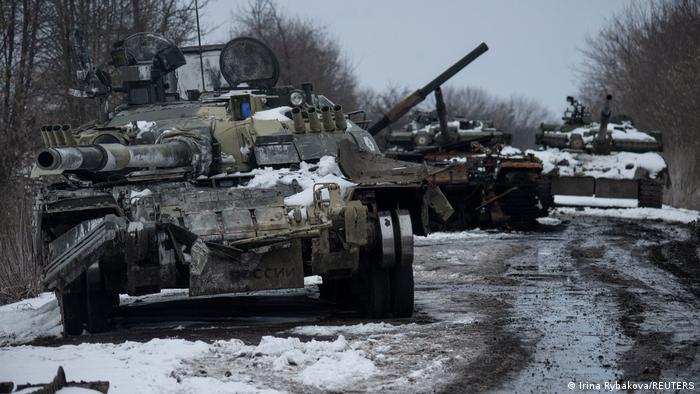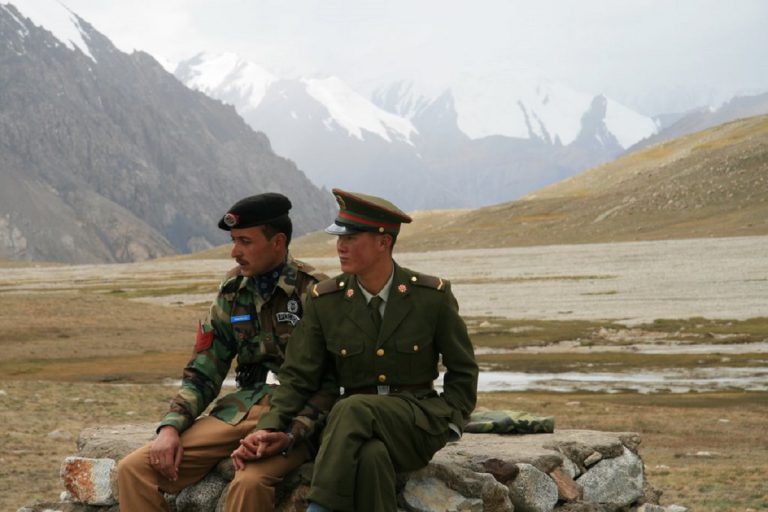How USA’s NATO allies deal with Afghan refugees
As thousands of Afghan citizens tried to flee the country following its seizure by Taliban forces, the world community has shown concern over a possible refugee spillover that might soon follow. Since the United States and its NATO allies were directly involved in the conflict in Afghanistan, these countries must fulfill the moral duty of accepting Afghan refugees. NATO’S post-conflict involvement in Afghanistan is as crucial as its twenty-year engagement in the past. Its stance shall influence refugee flows in the near future and determine the demography of nations across the world.
The Big Four
Germany, France, Canada, and the United Kingdom could be regarded as the ‘big four’ as far as American allies within the NATO coalition are concerned. About the steps taken by the big four to deal with the Afghan refugee crisis, it can be seen that Germany and France indulged in prompt evacuation efforts after Taliban forces overran the capital city of Kabul. In 2020, Germany had the third-highest refugee intake in terms of Afghanistan’s neighbors that had granted asylum to its citizens. Ever since it has shown concerns about a refugee spillover. The British government has come up with two measures- The Afghanistan Relocations and Assistance Policy and the Afghan Citizens’ Resettlement Scheme to deal with the refugee crisis. While the former pertains to Afghan employees who were in service to the British government and as per assessment findings have their safety seriously threatened by Taliban rule, the latter pertains to taking in 20,000 Afghan refugees with a special emphasis on the vulnerable categories of women, children, and other religious minorities. Canada went on to evacuate 3,700 people from the city of Kabul, giving priority to those known to have helped Canadian soldiers and officials during their stint in Afghanistan. Canada has reflected a positive stance in terms of taking in Afghan refugees and hopes to continue with its efforts in helping out those who seek resettlement.
The Deportation Factor
Several members of the NATO alliance have temporarily suspended the deportation of illegal migrants back to Afghanistan given the ongoing humanitarian crisis. Norway has temporarily stopped deporting Afghan refugees who failed to seek asylum in the country and also evacuated more than 800 Afghan refugees following the Taliban takeover. Turkey became home to the largest refugee population around the world after granting asylum to 3.7 million refugees who had fled from war-torn Syria. Being home to already such a large refugee population, Turkey has shown great concerns about an Afghan refugee influx. Though Turkish officials have put a temporary hold on deporting illegal Afghan refugees, they have expressed their desire to commence deportations if things go well. Belgium too has suspended the deportation of illegal Afghan refugees following the Taliban takeover of Kabul. Denmark is seen to be in favor of granting asylum to those Afghans who were in service to its armed forces and the embassy. The Czech Republic has been involved in supporting Afghan refugees and integrating them into Czech society. Denmark and the Czech Republic have been making efforts to take in Afghan refugees and would like to deport those who fail to receive asylum status as per its country regulations. A U.N. Refugee Agency Report revealed that around 600 Afghan refugees entered Greece by sea in June this year itself. Greece was among the few nations that appealed to the European Commission to not put a hold on the deportation of those Afghan migrants who failed to get asylum.
Recognition of Service to NATO and its Allies
Certain NATO members have indicated their willingness to give due recognition to those Afghans who have contributed to the NATO mission. Albania feels that as a NATO member, it has a duty towards its American ally and has agreed to temporarily host Afghan refugees till they acquire American visas. Like Albania, North Macedonia has approved a request made by U.S. President Joe Biden and shall be temporarily hosting refugees who seek asylum in the United States. Others like Romania and Poland are found to be in favor of granting asylum to those Afghans who have supported as well as cooperated with the NATO mission.
Several NATO member countries happen to be members of both, NATO and the European Union. NATO allies like Estonia and Latvia for instance shall grant asylum to Afghan refugees in recognition of their services to NATO and the EU. Estonia is willing to accommodate up to 30 refugees who have cooperated with Estonia, NATO, and the EU. The Latvian government has shown its willingness to accommodate those who have served their country, NATO, and the EU.
Certain NATO member countries are giving key importance to country service, in terms of refugee intake. Bulgaria has shown its willingness to grant shelter to Afghans that have served the Balkan nation. Spain had gone on to speed its evacuation efforts at Kabul airport for those Afghans who had rendered their services to Spain over the years, while Croatia granted shelter to Afghans who worked for the Croatian embassy in Afghanistan.
Montenegro’s Unique Stance
Montenegro is yet to display its commitment to either a temporary or permanent acceptance of Afghan residents known to have rendered their service to NATO’s allied forces in the past 20 years. The country’s Foreign Ministry claimed that since it was not requested to keep any Afghan refugees, it was thus not in any position to ignore or refuse international conventions. Montenegro was one of the troop-contributing nations for NATO’s Resolute Support Mission, which was recently terminated. As part of the Resolute Support, Montenegro has revealed its support in the refugee crisis by supporting the international community’s statement for ensuring the safe exit of NATO’s allied and partner forces, as well as, Afghan residents who want to leave from Afghanistan.
The Way Forward
In the 21st century, refugee crises have become a recurring phenomenon. There has been an alarming increase in the global refugee population across the world. The Rohingya Crisis in 2015 can be regarded as one of South Asia’s largest refugee crises as thousands of refugees fled to the countries of Bangladesh, India, and Nepal to seek protection from persecution. The ongoing refugee crisis in Afghanistan has already witnessed thousands of Afghan refugees seeking solace in its South Asian neighbors like India and Pakistan. How the United States and its NATO allies deal with the Afghan refugee crisis shall be a deciding factor in South Asia’s growing refugee population. This connection between the two factors depicts a lateral relationship between the East and the West on the world map. NATO members like Italy and Portugal remain open to taking in refugees in large numbers. Recently, Portugal’s Internal Administration Minister revealed that Portugal had the financial strength to accommodate refugees in “hundreds” and displayed its positive stance on taking in Afghan refugees. Italy has received widespread support from its catholic organizations and is willing to provide shelter to those under duress. Italy and Portugal viewing refugee rehabilitation from a moral duty standpoint rather than one of moral obligation makes all the difference and paves the way for a more united, inclusive, and sustainable future.
Image credits: Pixnio







